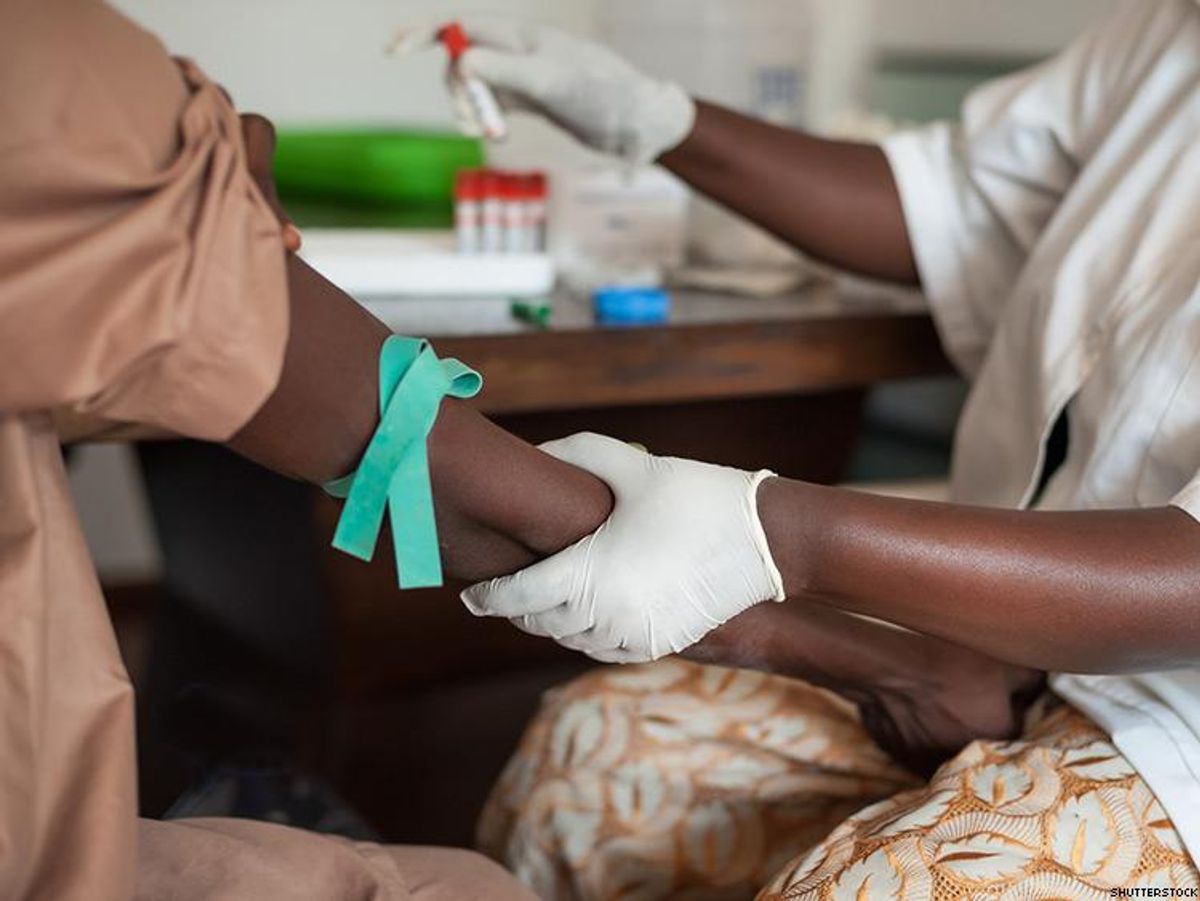A just-released study from the University of Buffalo in New York has found that black and Latina transgender women are twice as likely to get tested for HIV than Caucasian transgender women. The research — which sought to identify HIV testing patterns among transgender individuals in an urban setting — also found that trans women were three times as likely to get tested than trans men.
Researchers feel that access to testing and self-perceived risk of HIV were among the top reasons for the higher testing rates among trans women of color, as detailed in the study’s official press release. Because these days many trans women who have sex primarily or solely with men (especially sex workers) are more aware of their risk of acquiring HIV, they are more likely to get tested when it is available, .
The study (recently published in Volume 2 of Transgender Health) also showed that HIV testing among transgender adults was higher in those who identified as female, were African-American or Hispanic, or had a history of incarceration. The higher rates may in part be attributed to the availability of HIV testing within the prison system — with trans women often continuing to seek HIV testing once out of prison.
The majority of the participants were transgender females (there were four trans men in the study). Forty percent were Caucasian, nearly 30 percent African-American, and more than half were current sex workers or had been incarcerated. Nearly all of the respondents reported a history of substance abuse and most were uninsured.
“Substance use disorder (SUD) is a highly prevalent issue in transgender individuals,” says Yu-Ping Chang, PhD, one of the leaders of the study. “Research evidence indicated that SUD is significantly associated with HIV and other sexually transmitted diseases. Therefore, SUD should be properly screened and managed.”
Adrian Juarez, PhD, a study researcher and assistant professor in the UB School of Nursing agrees. “Knowing specific attributes and characteristics linked to testing will assist in better targeting of this often hidden population,” says Juarez.


















































































